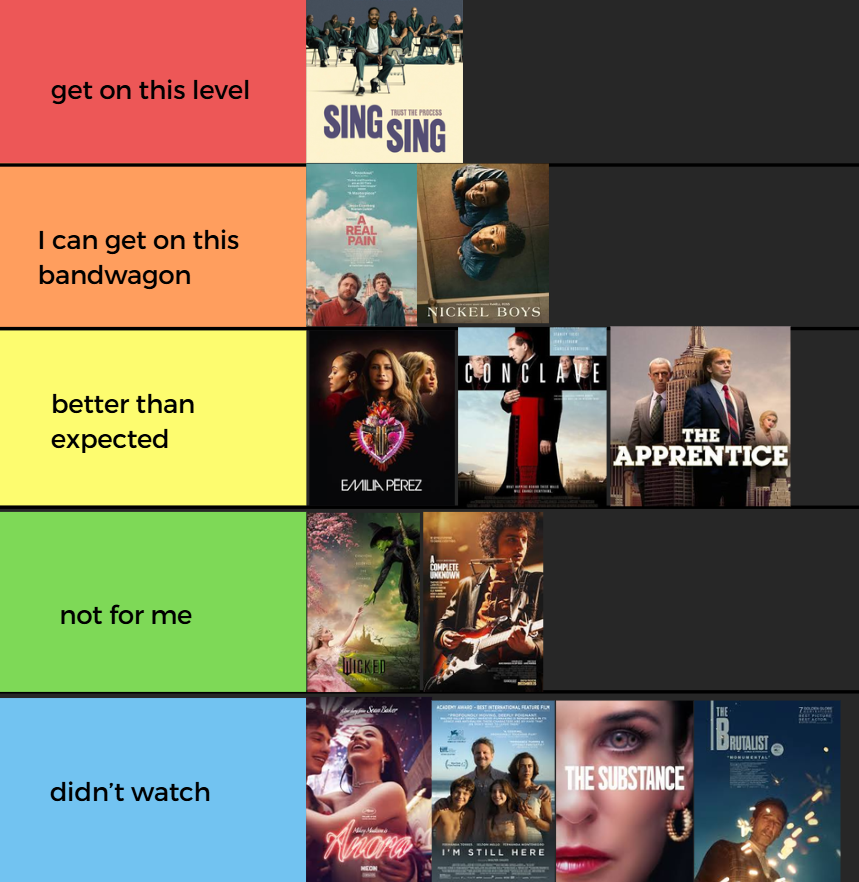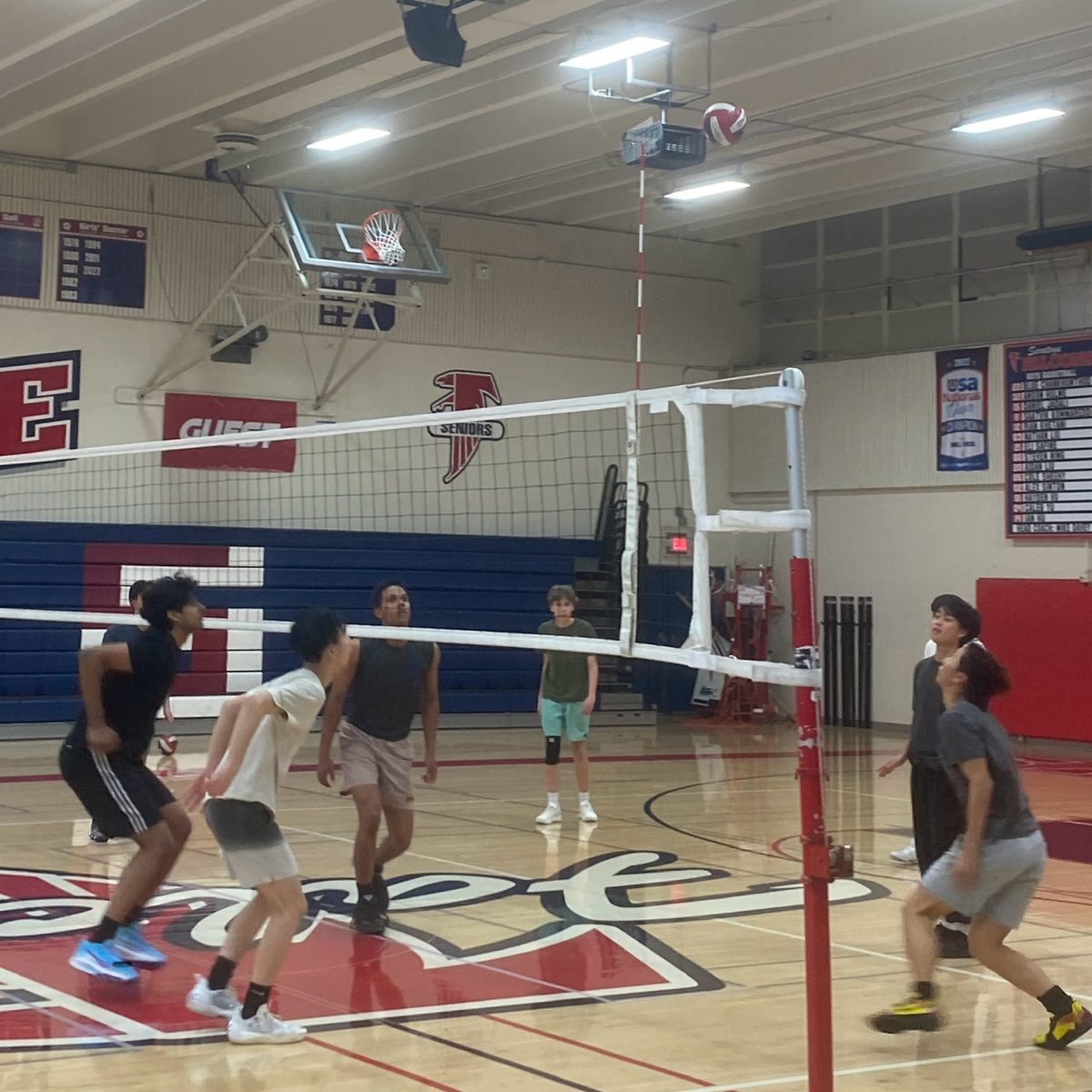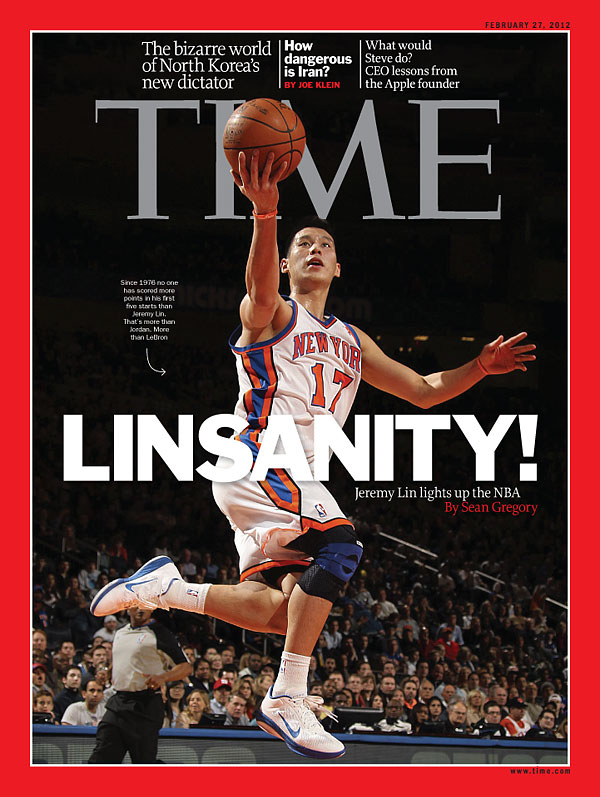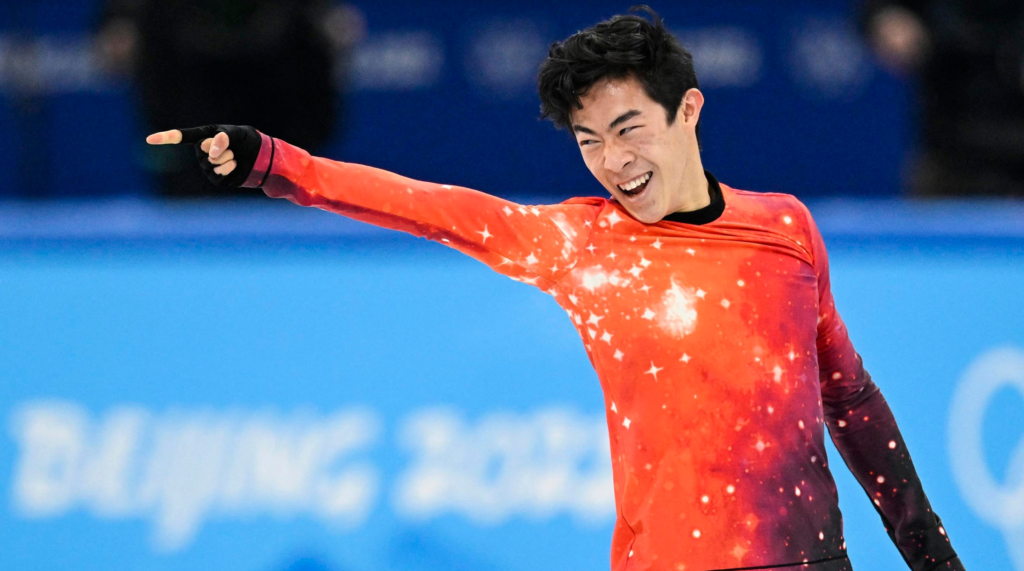Figure skating was one of the hottest topics of the 2022 Beijing Winter Olympic Games, dominating countless headlines and breaking news stories across the two-week span of the event. Throughout the whirlwind of the figure skating competition this year, despite the many controversies and scandals, seeing the two gold medalists that emerged from the singles competition was one of the most joyous parts of the entire Olympics.
Not everyday do we see a skater balancing both data science studies at Yale University and Olympian-rigor training in figure skating, but 22-year-old American figure skater Nathan Chen does just that. Chen earned the 2022 Olympic Gold Medal in men’s figure skating — one of the most deserving Olympic Golds in figure skating history that encompasses a journey of redemption that began in 2018.
Chen attended his first Olympics at PyeongChang, South Korea, in 2018, where he was highly favored. The media placed immense pressure on Chen’s shoulders following his victory at the 2017 U.S. National Championships, where he achieved a figure skating world record of five quadruple jumps in one program.
Due to the stress of high expectations, Chen fell twice in his short program performance, dropping him to 17th place; in the end, his clean free-skate moved him up to 5th place.
Many have likened Chen’s pressure to an ice-skating version of the “Biles treatment,” referring to the similar stress placed on U.S. gymnast Simone Biles during the 2021 Tokyo Olympics.
Between 2018 to 2022, Chen went close to undefeated at numerous international events — he took home his third World Championship title in 2021 — which only amassed the pressure on Chen to continue winning. Just like in 2018, Chen was on the radar for the 2022 Winter Olympics.
This February, however, Chen overcame these pressures and wrote a very different story on the ice. According to Chen’s coach, Rafael Arutyunyan, Chen ran through his entire program without a single mistake on the morning of the men’s short program. He performed just as flawlessly during his real performance that day, achieving a score of 113.97 that broke Yuzuru Hanyu’s previous world record of 111.82 for the highest-ever scoring men’s short program.
Chen’s uncontained fist bump at the end of his performance said it all: Not only had he won and shattered the world record, but he had wholly redeemed himself from the 2018 Olympics.
While Chen’s short program was set to “La Bohème,” a romantic gentlemanly French waltz taken from an opera, his free-skate to Elton John’s “Rocketman” soundtrack brought flames to the rink.
I almost felt like screaming when Chen landed his first quad lutz jump exactly on the downbeat of the chorus to “Rocketman.” Toward the end of his program, Chen’s dance-break to “Bennie and the Jets” was unforgettable, complete with dramatic facial expressions and hip-hop style moves that Chen hit with effortless enthusiasm and palpable joy. I was surprised that his animated skating, accompanied with the fiery music and his costume that displayed a burning galaxy design, didn’t melt the ice and set the entire arena on fire.
Chen’s brilliant performance earned him indisputable 1st place in free skate and, of course, the gold medal. He is the first Asian American man in history to win gold in figure skating.
Anna Shcherbakova, the 17-year-old representing Russia who won the Gold Medal in women’s figure skating, faced a different kind of pressure during the Games. Her Russian teammate, 15-year-old favorite Kamila Valieva, underwent a failed doping test after arriving in Beijing, but Valieva was cleared to still compete. This scandal unfolded into a highly controversial debate on an international scale.
With much public opinion turned against Valieva, Shcherbakova rose to the occasion with a completely clean performance in the short program, which landed her in second place. Her equally clean free-skate pushed her to take the Olympic gold.
One common point I noticed is that aside from showcasing technically solid skating, both Chen and Shcherbakova each brought their personality, passion and unique style to the Olympic rink.
What makes Chen’s skating so refreshing is that besides having near perfect technique, Chen skates with fluidity and artistry. As a trained dancer, my first thought after watching Chen skate for the first time (besides “wow, I’m officially obsessed with Nathan Chen”) was that he has the arms and motions of a ballet dancer. This is thanks to his seven years of classical ballet training at Ballet West Academy in Salt Lake City. In fact, Chen said he wishes to include more ballet into his figure skating routines.
Best of all is Chen’s incredible performing ability that comes through in his every move on the ice. When the music plays, he utterly abandons all else in the world besides the music and his skating. From the balletic gestures of “La Bohème” to the swag of “Rocketman,” Chen nailed the character that each piece embodied.
Similarly, I see grace and a special flare in Shcherbakova that is rare among hard-core trained figure skaters. Shcherbakova actually displays more mild technical elements in her routines 一 the highest level of technique she executed at the 2022 Olympics was a triple axel, in contrast to the quad lutzes performed by her competitors and Chen. Instead, Shcherbakova relies on her solid execution and beautiful movements to make her shine. Commentators have said that Shcherbakova brings real spirit to the sport of figure skating.
No matter what the headlines say, Chen and Shcherbakova unequivocally deserve their gold medals and have gone to great lengths to achieve them. For Chen, his gold medal not only concludes his 4-year road to redemption, but represents the successful ending to his lifelong dream. For Shcherbakova, her gold medal is only the beginning of a blossoming career.
Nathan Chen and Anna Shcherbakova’s performances in the 2022 Olympics are a testament to a new era of figure skating characterized by the grit, hope and uplifting energy that these two victors have brought to the ice.


























